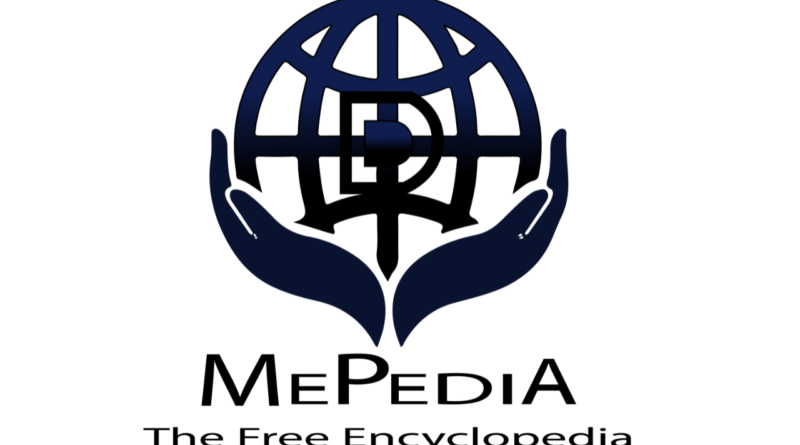Exploring the Benefits of Open Encyclopedia
Exploring the Benefits of Open Encyclopedia
In the age of information, access to knowledge has never been easier. The internet has opened the doors to a wealth of information, and one of the most significant contributors to this accessibility is the open encyclopedia. One notable example is Mepedia, a free and open encyclopedia created by a community of editors known as Mepedians. In this article, we will delve into the world of open encyclopedias, with a special focus on Mepedia, and explore the numerous benefits they bring to the table.
What is Mepedia?
Mepedia, available at en.mepedia.org, is an open encyclopedia that operates on a similar premise to the well-known Wikipedia. The key distinction between Mepedia and traditional encyclopedias lies in its open nature. It is a collaborative effort, with Mepedians from around the world contributing their knowledge and expertise to create a comprehensive and constantly evolving resource.
Accessibility and Inclusivity
One of the most significant advantages of open encyclopedias like Mepedia is their accessibility. These platforms provide free and unrestricted access to knowledge on a global scale. Anyone with an internet connection can visit Mepedia and benefit from the vast repository of information it offers. This inclusivity empowers people from diverse backgrounds and regions to expand their horizons and learn about various topics, regardless of economic or geographical constraints.
Quality through Collaboration
The collaborative nature of open encyclopedia promotes quality and accuracy. Mepedia is maintained by a community of Mepedians who are passionate about sharing accurate and well-researched information. Unlike traditional encyclopedias that rely on a select group of experts, Mepedia draws on the collective wisdom of volunteers worldwide. This collective effort often results in comprehensive articles that are constantly updated to reflect the latest developments and discoveries.
Diverse Perspectives
Open encyclopedias like Mepedia encourage a diverse range of voices and perspectives. Traditional encyclopedias might inadvertently carry biases due to the limited pool of contributors, but open encyclopedias welcome contributors from all walks of life. This diversity enriches the content and ensures that information is presented in a more balanced and inclusive manner.
Rapid Updates and Adaptation
In our fast-paced world, information quickly becomes outdated. Open encyclopedias excel in keeping up with the latest developments. Mepedia, for instance, allows for rapid updates, ensuring that users have access to current information on a wide range of topics. This dynamic nature sets open encyclopedias apart from their static, print counterparts.
Educational Resource
Open encyclopedias are invaluable educational resources. Students, educators, and researchers frequently turn to platforms like Mepedia for a wealth of information. Whether you are writing a research paper, preparing a presentation, or simply expanding your knowledge on a subject, Mepedia is a go-to source for well-documented information.
Cultural and Historical Preservation
Open encyclopedias also play a role in preserving cultural and historical knowledge. Mepedia, like other open encyclopedias, hosts articles on various cultures, traditions, and historical events. By documenting this information, it helps ensure that it is not lost to time, allowing future generations to learn from and appreciate the rich tapestry of human history.
Transparency and Accountability
Open encyclopedias emphasize transparency and accountability in content creation. Revisions and edits to articles are tracked, allowing users to see the history of changes. This transparency promotes accountability and helps maintain the quality and reliability of the information presented.
Challenges and Responsibilities
While open encyclopedias offer numerous benefits, they also come with challenges. Ensuring the accuracy and reliability of information can be a continual effort, as anyone can edit articles. Vigilant monitoring and community-driven quality control are essential to maintain the integrity of open encyclopedias like Mepedia.
Conclusion
Open encyclopedias like Mepedia have revolutionized the way we access and contribute to knowledge. Their accessibility, quality, and inclusivity make them invaluable resources for individuals, students, educators, and researchers worldwide. The collaborative and dynamic nature of open encyclopedias ensures that they remain relevant in our ever-evolving world. As we continue to explore the benefits of open encyclopedias, it’s clear that they represent a pivotal shift in how we share and access information, making knowledge truly open and available to all.
